Precision parts processing, as one of the core links of modern manufacturing, provides high-quality and high-reliability key parts for all walks of life. From aerospace to automobile manufacturing, from medical equipment to electronic equipment, precision parts play an indispensable role.
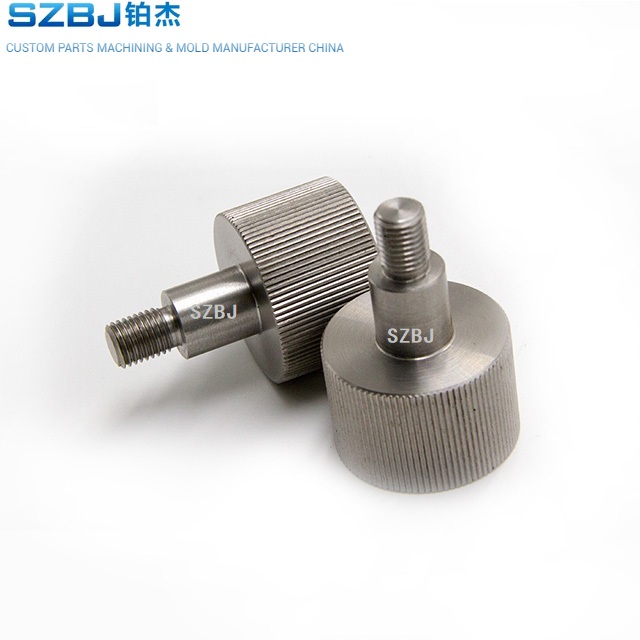
The processing of precision parts first requires high-precision equipment and processes. Every tiny detail is related to the quality and performance of the product. Therefore, in the process of precision parts processing, various cutting, grinding, electric spark, wire drawing and other processes are applied. At the same time, the use of advanced machine tools and computer-aided design and manufacturing technology also provides reliable guarantees for the processing of precision parts.
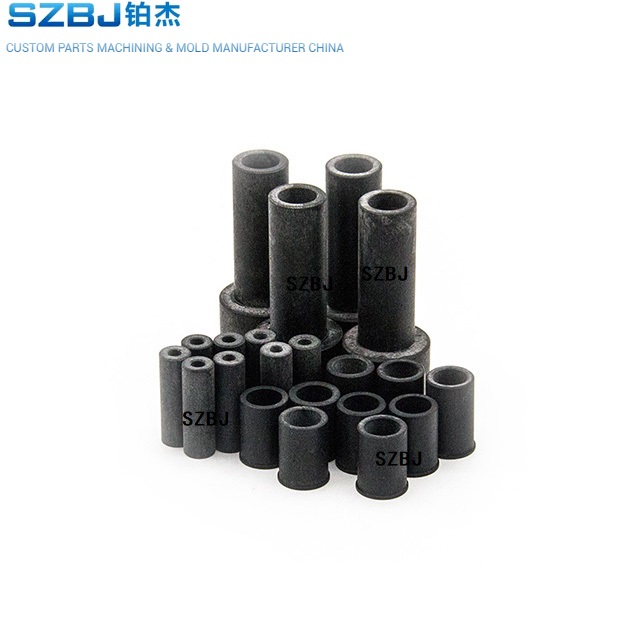
In the process of precision parts processing, the selection of materials is crucial. Different workpiece materials have different requirements for the selection of processing technology and tools. Common precision parts materials include metal alloys, ceramics, plastics, etc. Steel and copper are among the most common materials. According to the specific application requirements, engineers also need to consider the hardness, thermal expansion coefficient, thermal conductivity and other characteristics of the material to ensure the performance and reliability of the product.
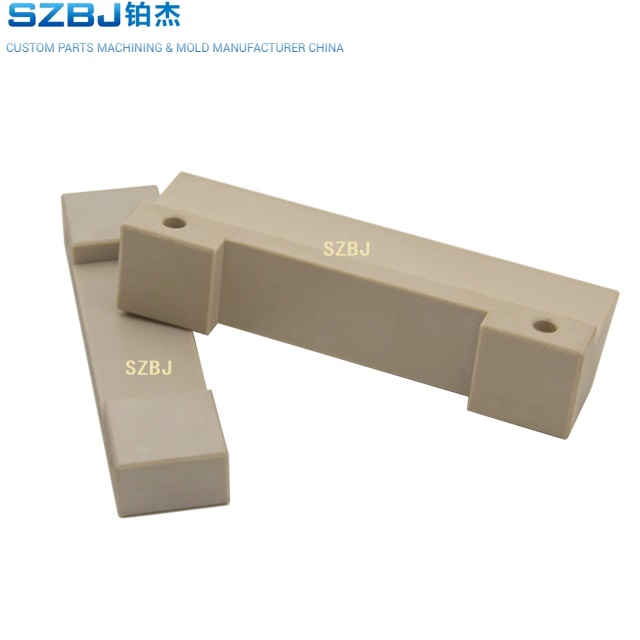
The processing of precision parts requires strict process control and quality inspection. In each process, process parameters, tool selection, cutting speed, etc. need to be accurately calculated and controlled. After the processing is completed, the quality inspection link is indispensable. Through optical detection, three-coordinate measurement and material mechanical properties testing, it is ensured that the processed precision parts meet the standards and requirements.
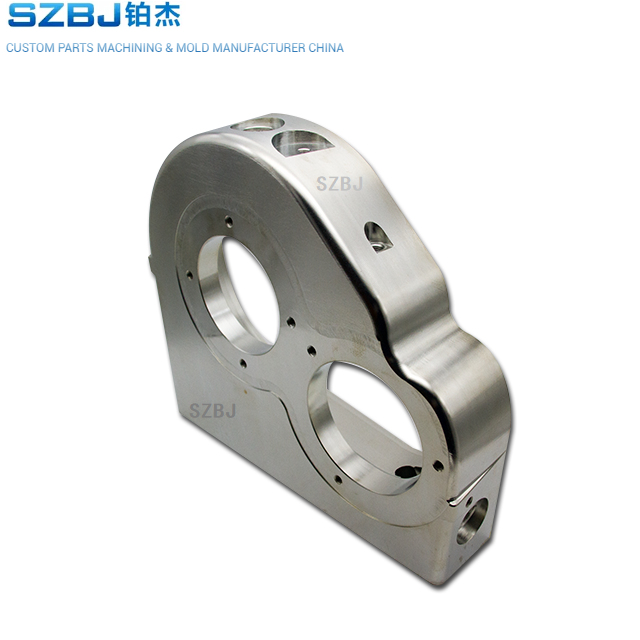
With the continuous advancement of science and technology, the processing of precision parts is also evolving. The emergence of new technologies and processes such as high-speed cutting, laser cutting, and micro-machining has made the manufacturing of precision parts more efficient and accurate. At the same time, the concept of intelligent manufacturing has gradually been applied to the field of precision parts processing, making the production process more intelligent and automated.
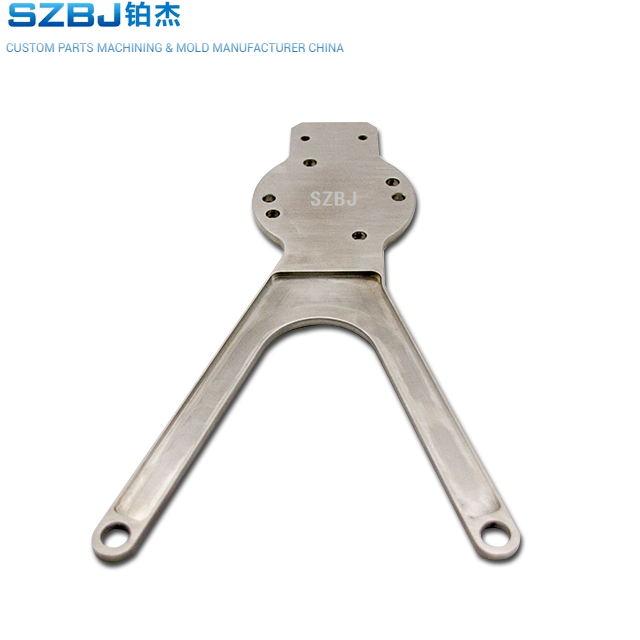
The development of precision parts processing is not only inseparable from the progress of science and technology, but also inseparable from the efforts of excellent engineers and technical personnel. In the process of continuous exploration and innovation, they have made great contributions to the prosperity of the manufacturing industry. The precision parts processing industry is moving towards higher quality and higher efficiency, driving the upgrading of the entire manufacturing industry.
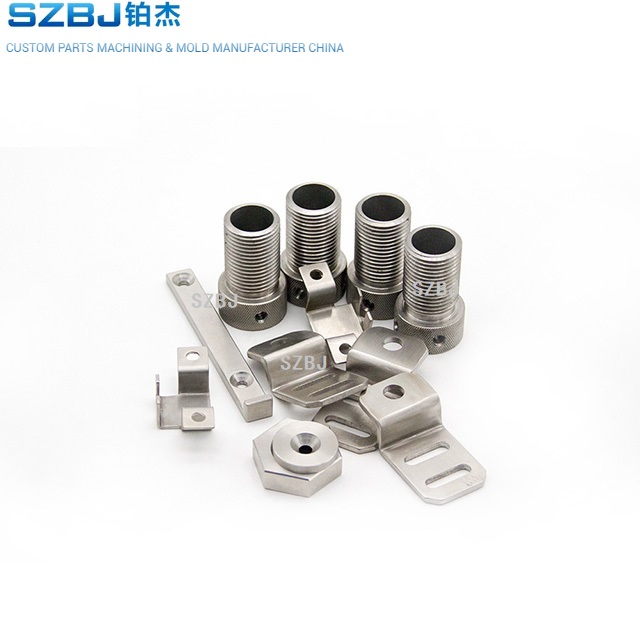
Through the introduction of this article, I believe that everyone has a deeper understanding of precision parts processing. Only through strict process control, precise tool selection and rich experience accumulation can the high quality and high efficiency of precision parts processing be achieved. In the future, with the continuous innovation of technology, precision parts processing will play an important role in more fields and provide strong support for the innovation and development of all walks of life.